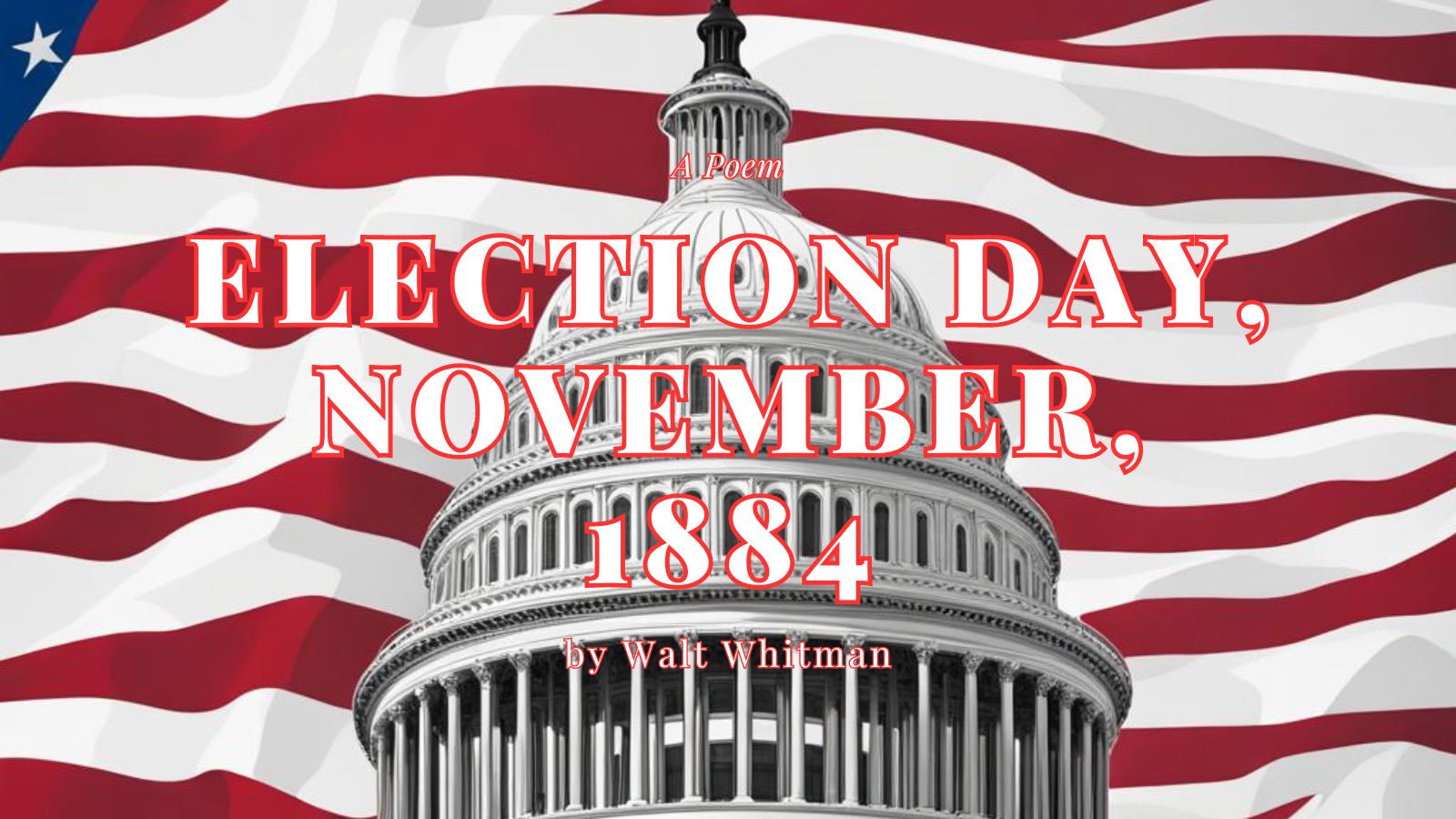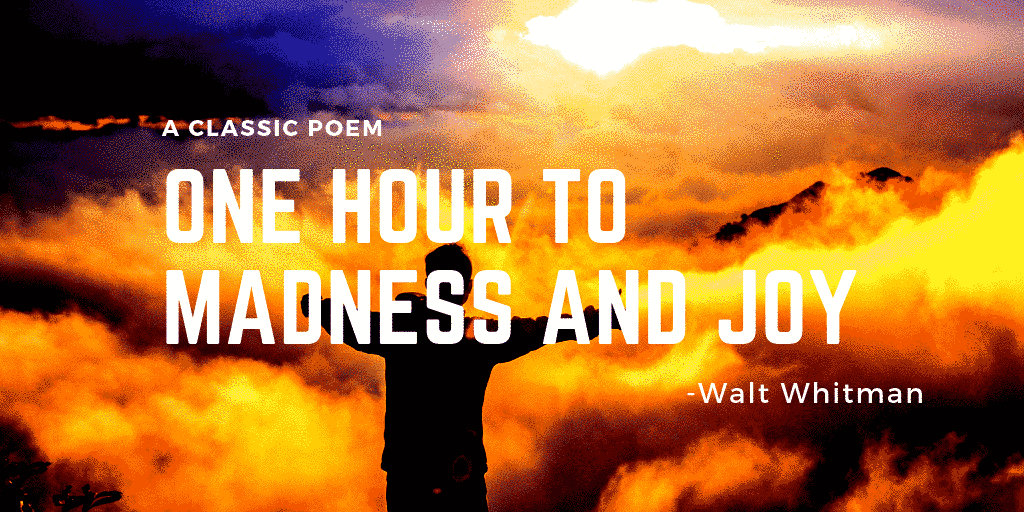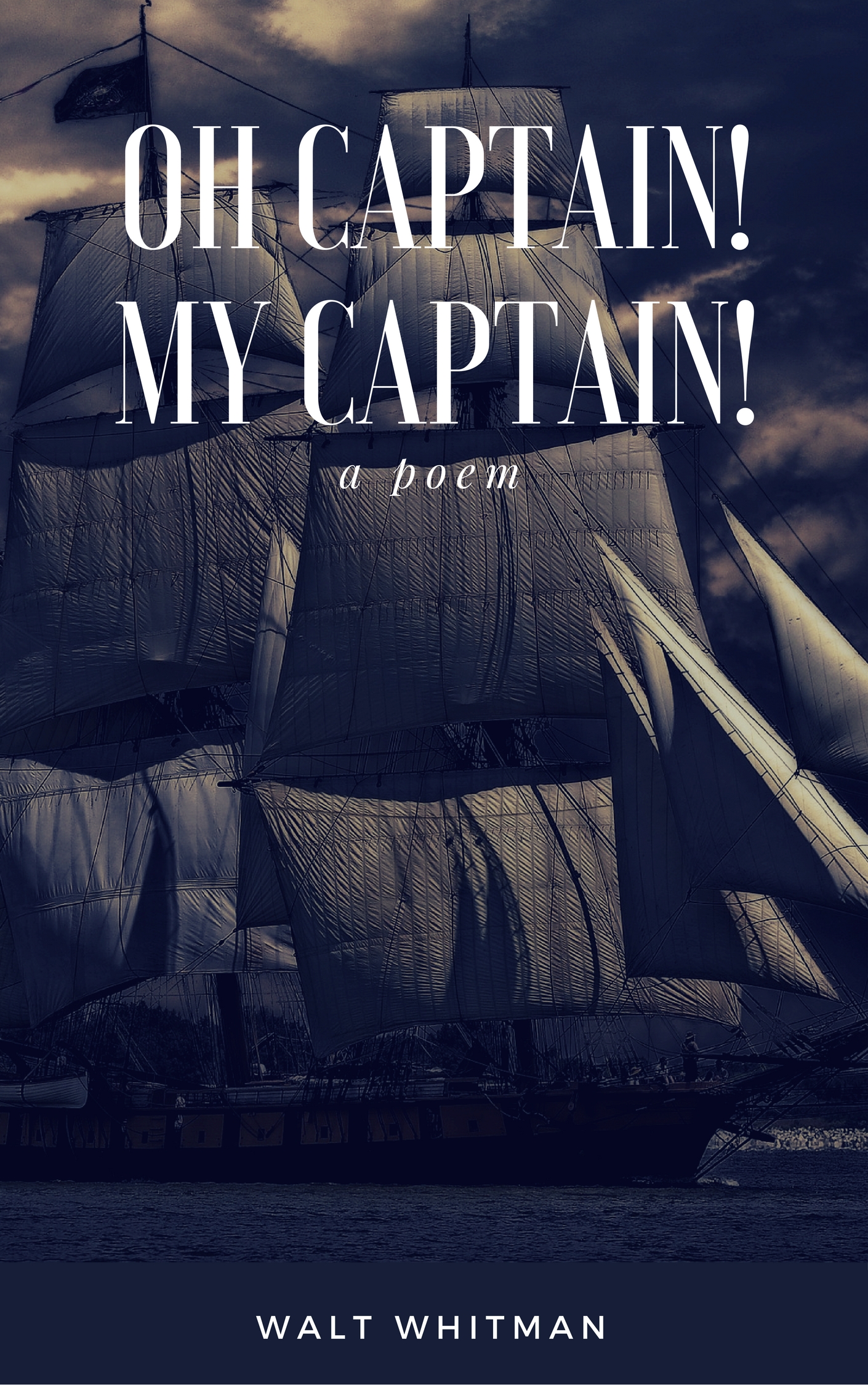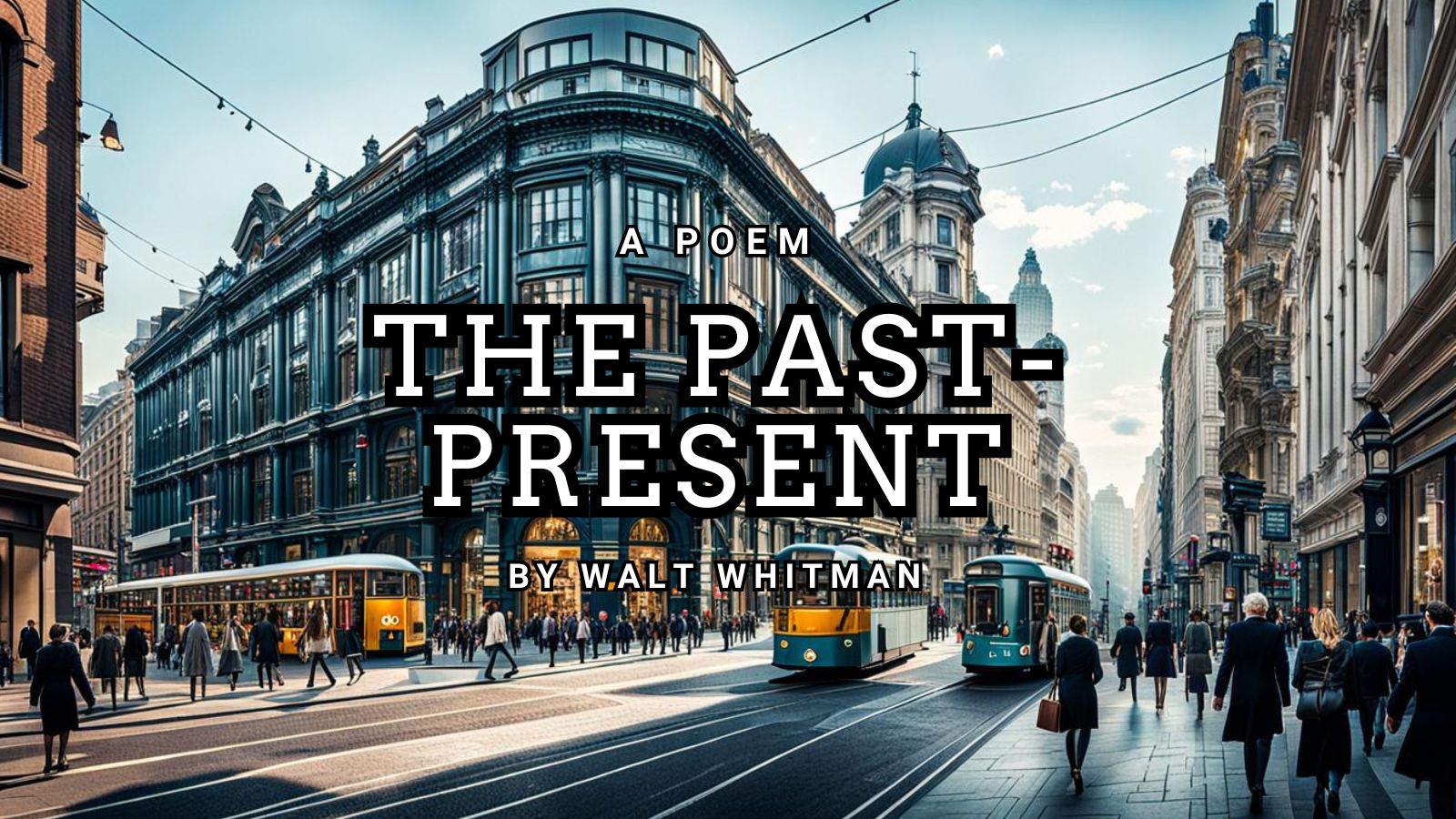Walt Whitman (1819-1892) was one of the most influential and innovative poets of the 19th century. He was born in Long Island, New York
Whitman, Walt
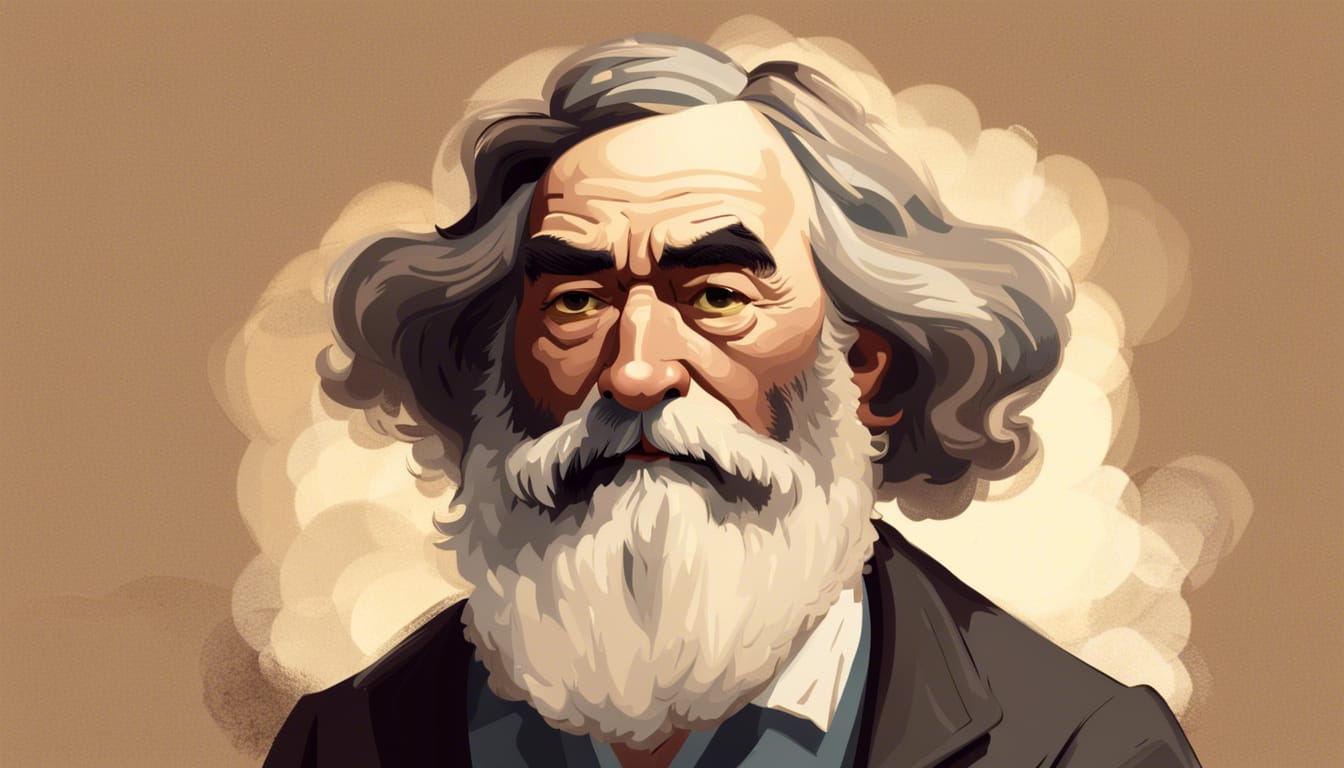
Walt Whitman (1819-1892) was an American poet, essayist, and journalist, widely considered one of the most influential poets in American literature. He is best known for his poetry collection “Leaves of Grass,” which he continually revised and expanded throughout his life.
Born on May 31, 1819, in West Hills, Long Island, New York, Whitman was the second of nine children. His family moved to Brooklyn when he was four years old. He attended public school until the age of 11, when he began working as an office boy to support his family.
In his early years, Whitman worked various jobs, including printer, teacher, and journalist. He founded the Long Islander newspaper in 1838 and later worked for several Brooklyn newspapers. During this time, he began writing poetry and short stories.
Whitman self-published the first edition of “Leaves of Grass” in 1855, which consisted of 12 untitled poems. The collection was groundbreaking in its style, content, and form, celebrating the human body, nature, and the individual’s relationship with the universe. The book received mixed reviews, with some critics finding it obscene due to its overt sensuality.
Throughout his life, Whitman continued to revise and expand “Leaves of Grass,” publishing several editions. He also wrote prose works, such as “Democratic Vistas” (1871) and “Specimen Days” (1882).
During the American Civil War, Whitman worked as a volunteer nurse in Washington, D.C., tending to wounded soldiers. His experiences during this time inspired his poetry collection “Drum-Taps” (1865) and his famous elegy “When Lilacs Last in the Dooryard Bloom’d,” written after the assassination of President Abraham Lincoln.
In his later years, Whitman faced financial difficulties and declining health. He suffered a stroke in 1873, which left him partially paralyzed. Despite his challenges, he continued to write and revise his work until his death on March 26, 1892, in Camden, New Jersey.
Whitman’s influence on American literature and culture is immeasurable. His free verse style and celebration of the individual and the common man have inspired generations of poets and writers. Today, he is recognized as one of the greatest American poets, and his works continue to be widely read and studied worldwide.
Poems:
Walt Whitman–One Hour to Madness and Joy
The American poet Walt Whitman was is consider the first modern poet. 20th century writers build the modern movement on Whitman’s works.
O Captain My Captain by Walt Whitman
Explore Whitman’s “O Captain! My Captain!” with personal insights on Lincoln’s elegy, literary analysis, and discussion questions.
The Past-Present by Walt Whitman
The Past-Present by Walt Whitman I was looking a long while for the history of the past for myself, and for these chants and now I have found it. It is not in those paged fables in the libraries, (them I neither accept nor reject;) It is no more in the legends than in all…
City of Ships by Walt Whitman
City of Ships ?by Walt Whitman ? City of ships! (O the black ships! O the fierce ships! O the beautiful, sharp-bowed steam-ships and sail-ships!) City of the world! (for all races are here; All the lands of the earth make contributions here;) City of the sea! city of hurried and glittering tides! City whose…
HUSH’D BE THE CAMPS TO-DAY by Walt Whitman
HUSH’D BE THE CAMPS TO-DAY by Walt Whitman (May 4, 1865) Hush’d be the camps to-day, And soldiers let us drape our war-worn weapons, And each with musing soul retire to celebrate, Our dear commander’s death. No more for him life’s stormy conflicts, Nor victory, nor defeat?no more time’s dark events, Charging like ceaseless clouds…
A Sight in Camp in the Daybreak Gray and Dim by Walt Whitman
Walt Whitman (1819-1892) A Sight in Camp in the Daybreak Gray and Dim A sight in camp in the daybreak gray and dim, As from my tent I emerge so early sleepless, As slow I walk in the cool fresh air the path near by the hospital tent, Three forms I see on stretchers lying,…
